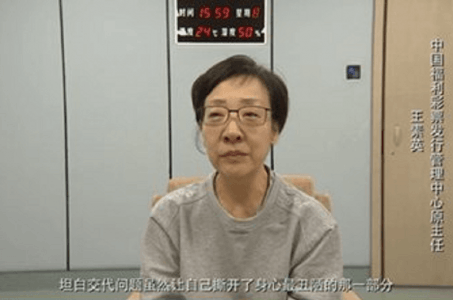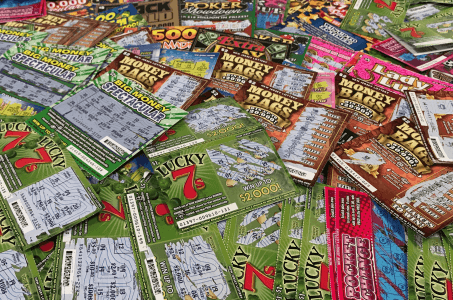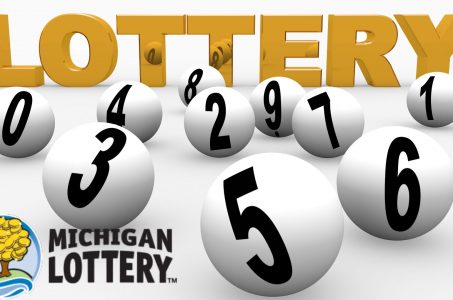Not Rocket Science: NASA Employee Reveals How She Won $1M on Virginia Lottery
Posted on: November 4, 2021, 01:31h.
Last updated on: November 4, 2021, 01:46h.
A senior NASA scientist has pulled off the ultimate moonshot, winning the Virginia Lottery for $1 million.

Norma Farr, a group lead at NASA’s Geolab, matched five numbers in the Mega Millions draw over the weekend. The only number that eluded her was the Mega Ball number, which would have sent her winnings into the stratosphere.
That elusive number was “1”, incidentally, which now seems way too obvious.
Nevertheless, Farr beats odds of 1 in 12,607,306 to match five numbers. The odds of matching all six are 1 in 302,575,350.
Super System
So, did Farr far ask the NASA supercomputer to crunch the numbers? Or did the Math and Computer Science graduate figure out a complex statistical system of her own to beat the lottery?
After all, her day job involves using “Computer-Aided Design (CAD) geometry … to support Computational Fluid Dynamics (CFD) for the creation of test articles [and] the development of CAD from measured data,” according to the NASA website.
She also heads up NASA’s geological laboratory, a test bed designed for conducting geoscience activities during analog missions, according to the space agency.
In short, she’s pretty smart.
But it turns out her “system” was hardly rocket science. She simply went for an “Easy Pick,” allowing the lottery’s own random-number generator to choose her numbers. And then she just got lucky.
Smart People Who Gamed the Lottery
Of course, just because Farr took the easy route doesn’t mean that super-brainy people don’t sometimes come up with devilishly clever lottery-beating systems. Take the MIT students who figured out that one of the games offered in the mid-2000s by the Massachusetts Lottery, WinFall, was beatable.
WinFall limited its jackpots and offered “roll-downs” when no one won the jackpot. This meant that the expected payoff could sometimes be positive. The MIT syndicate was able to make $8 million from an initial stake of $1,000 by choosing their moments carefully and buying their tickets in bulk.
Meanwhile, Michigan couple Marge and Jerry Selby spotted a similar mathematical flaw in their own state lottery and exploited it to the max.
They later set up a company that began playing the Massachusetts WinFall game around the same time as the MIT students. The couple’s total haul was just under $27 million.
But sometimes, people aren’t as bright as they think they are. In September, a previously successful real-estate guru was sent to prison after his pursuit of what he believed was a winning lottery system became an obsession.
Michigan resident Victor Gonjaj was so consumed by his lottery system that he was, at one point, spending $1 million a week on tickets. In all, he conned investors in a bogus company out of more than $23 million to feed his habit.
Related News Articles
Top Chinese Lottery Officials Paraded After Possible $20 Billion Embezzlement
Nebraska Lottery Won’t Pay Out on 405 Misprinted Scratch-Off Tickets
NeoGames Stock Decline Belies Potentially Favorable Setup
Most Popular
FTC: Casino Resort Fees Must Be Included in Upfront Hotel Rates
Genovese Capo Sentenced for Illegal Gambling on Long Island
NBA Referees Expose Sports Betting Abuse Following Steve Kerr Meltdown
UPDATE: Former Resorts World & MGM Grand Prez Loses Gaming License
Most Commented
-
UPDATE: Whiskey Pete’s Casino Near Las Vegas Closes
— December 20, 2024 — 30 Comments -
Caesars Virginia in Danville Now Accepting Hotel Room Reservations
— November 27, 2024 — 9 Comments -
UPDATE: Former Resorts World & MGM Grand Prez Loses Gaming License
— December 19, 2024 — 8 Comments -
FTC: Casino Resort Fees Must Be Included in Upfront Hotel Rates
— December 17, 2024 — 7 Comments
















No comments yet